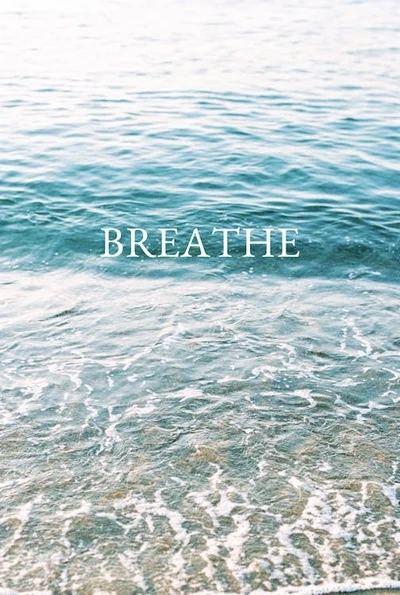When people talk about miracles, the mind jumps to the extraordinary. In Christian tradition, the list is familiar: water into wine, sight returned to the blind, the lame walking, thousands fed with a few loaves and fishes. In other faiths, we find similar stories — mystics who heal with a touch, saints who defy the elements, sages who know events before they happen.
Over the centuries, whole religious traditions have elevated people to sainthood, not only for their kindness or wisdom, but for the “miracles” attributed to them. Some of these were dramatic, others strangely modest. St. Martin, for example, is remembered for cutting his cloak in two to give half to a beggar — an act of generosity that, over time, acquired the status of miracle.
Whether such events are historical fact or devotional legend is beside the point. What matters here is this: in our fascination with rare, show-stopping wonders, we overlook the most constant, most intimate miracle of all.
We don’t breathe — we are breathed
The true miracle is not locked away in the past or in sacred books. It is happening right now, to you, to me, to everyone alive.
We don’t breathe; we are breathed.
We assume breathing is something we “do.” But try to stop for long, and you’ll fail. Your body will take over. Try to force more than you need, and you’ll be corrected. Breathing is not an achievement — it is life itself moving through you.
There was a time before your first breath. One day, there will be a last breath. Between those two, every single moment of your life depends on this silent exchange of air, happening whether you pay attention to it or not.
Not trivial — foundational
Because it’s constant, it’s easy to dismiss. It doesn’t carry the spectacle of a sudden healing or the drama of an ancient tale. But without it, everything else collapses.
Every thought, every word, every memory, every plan you’ve ever made has depended on this quiet process. You could strip away wealth, status, possessions, even mobility — and still live. Remove the breath for a few minutes, and it’s over.
The scale of it is humbling. Among billions of lifeless worlds in the universe, there is this one blue planet. On it, billions of human beings, each one being breathed, moment by moment. No two breaths are ever exactly alike, yet each one is perfectly enough.
The science and the poetry
From a physiological standpoint, breathing is an intricate partnership between the brainstem, the lungs, and the heart. Without conscious effort, your diaphragm contracts, drawing air in. Oxygen is delivered to every cell, carbon dioxide is carried away, and the cycle repeats.
From a poetic standpoint, breathing is life’s signature. Ancient mystics knew this long before medical science explained it. In Sanskrit, prana means both “breath” and “life force.” In Hebrew, ruach means “spirit” or “breath.” In Greek, pneuma is both “air” and “soul.” Across traditions, the breath has been the bridge between the physical and the eternal.
What self-knowledge reveals
The reason this miracle goes unnoticed is that we’ve been taught to look elsewhere for awe. We expect it in magic tricks, in other people’s stories, in the grand and the rare.
But self-knowledge changes that. Through turning inward, I’ve learned that the breath is not just a mechanical process — it is the evidence, the felt experience, of being alive now.
It doesn’t ask for your belief. It doesn’t require an audience. It isn’t owned by any religion, culture, or nation. It is freely given to you, until it isn’t.
The finite nature of the gift
The fact that it will end makes it more precious. That there was a time before you were breathing, and there will be a time after, puts a sharp edge on the now.
When you notice it — really notice it — gratitude arises naturally. Not the gratitude we’re told to “practice,” but the kind that floods in uninvited when you truly grasp that you are alive in this instant, and that nothing is promised beyond it.
The miracle is here. It is constant. It is yours.
And once you see it, you may never again need to go searching for proof of the extraordinary.


Comments powered by CComment